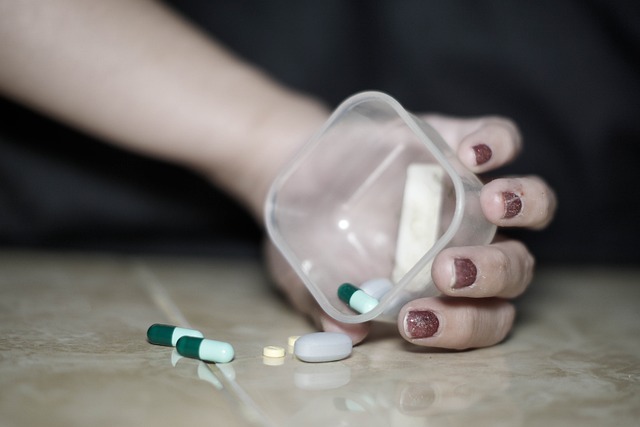The First Step
There comes a moment during the time you engage repeatedly in substance abuse, that you get tired of being controlled by needing alcohol or drugs. You are a slave to these substances now you just want to get back to a normal life where you can control almost everything that goes on around you. You also want to be the one that decides what will go in your body and whether you want that situation for the rest of your life.
But the idea of putting your life in the hands of stranger may scare you, as they will see you at your worst as you go through detoxification, and as you talk with your mental health counselor about those things that caused your addiction. But if you wish to be free again, then you must take the first step to get that freedom of living right again. Being a substance abuser or addict, means life is like a ball-and-chain weighing heavily around your neck, dragging you down further every day.
Your first step during an initial consultation is to check out several rehabilitation treatment centers and then decide which one is the one you want to enter. Look for a place that has lots of sunshine, is clean and smells pleasant, has plenty of things to do to take your mind off what you are there for, and which has a group of medical professionals who only want to help you in the best ways possible to achieve your goal of being free again. It is essential that when you enter a treatment center, you are positive and determined about a successful outcome, as this outlook helps you achieve that goal.
Second Step: The Inpatient
When you enter the treatment center as an inpatient to begin your rehabilitation program, you will go through an assessment which includes tests outlining what you body chemistry. You also have a visit with a mental health counselor who will spend time talking with you about those things that concern you most.
The Detox Treatment
When you enter the rehabilitation center, expect to stay for three months as these efficient programs need time to get you where you want to be. Once all the information has been processed and analyzed, your unique treatment program is put together, starting with the detoxification treatment which can be difficult to go through.
You will be encouraged every step of the way to stay with it for as long as needed, to clear out all toxins left in your body. Most detox treatments require two weeks to a month to go through, depending on what substance you were using.
During the detox sessions, you will also get encouragement from your mental health counselor to stay focused on cleaning yourself from toxins and also to help with mental cravings for that substance you used. Add-on therapies, such as cupping or acupuncture, will help with moving out toxins faster as well as reducing any pain points you are enduring.
You will be put on a nutritional therapy that contains wholesome foods which are designed to begin rebuilding your body back to its natural state before you became a substance abuser. Nutritious food also helps fortify brain cells, especially when you are put on exercises which helps with taking in more oxygen in your bloodstream and cells. Yoga is one exercise you can do if you have disabilities, and it is also a form of meditation to help calm and focus your mind on your body at the same time. Tai Chi is another form you can try as well.
After detox, you begin mental health therapy at a greater depth as there is much to teach you in how to control any potential sudden cravings or trigger events. You may also find other activities enjoyable, such as artwork, writing, or anything else the center offers you. After three months, you can now move back home as an outpatient.
Third Step: The Outpatient
Once you move back home as an outpatient, you are now testing your willpower and accountability, using the skills to avoid relapsing back into old ways. Accordingly, you will follow an intensive schedule of return visits as medical personnel monitor your status and check your mental health progress during further counseling.
You can remain on the intensive outpatient program for 21 months while you take advantage of further treatments, such as cupping, acupuncture, various exercise programs, and whatever else you enjoy. Available to you are intensive counseling, physical restorative therapy, psychoeducation, spiritual therapy, and more.
This is the perfect time as an outpatient to put into place, a new surrounding environment that enhances what you have worked for, and to also eliminate negative and destructive influences out of your life. If there are people around you who encourage you to take drugs or drink alcohol, then you must leave them behind. They only bring destruction to your new healthy state of mind and body, and they do not care about your wellbeing at all. They are not friends.
Fourth Step: Ask for Help Anytime
If you hit a rough patch, such as losing a loved one, and you feel you might relapse, call the center to see if you can book a mental health counseling session or if it could be done over the phone. It takes time to build strength and rebuild your life. But, it is always good to know there are people you can turn to, willing to help you at any time.
Call Us if You are Ready to Regain Your Free Life Again
Pacific Bay Recovery can help you with any substance addiction and/or mental issue you might have so you can regain a happy and functional lifestyle again. Call us for a free consultation and to set up an appointment to start getting help as soon as possible. 619-350-8220.


